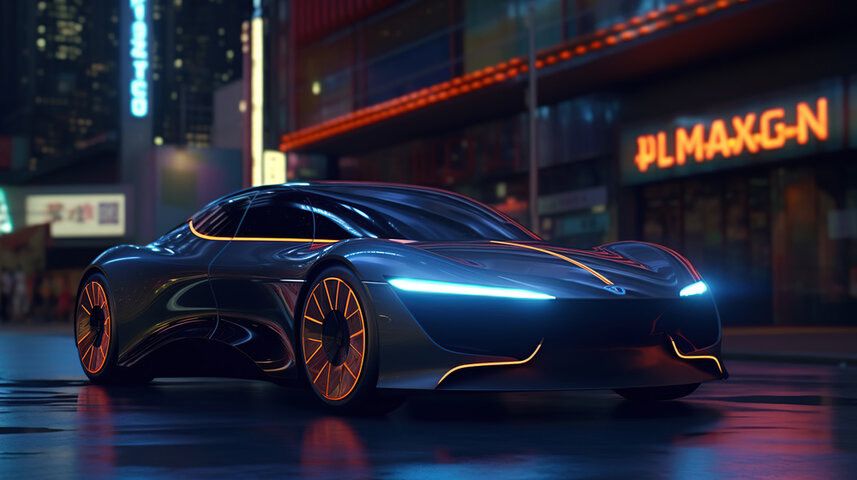
Lotus Type 72
@lotus_type_72
The Lotus Type 72 was introduced in 1969 and became one of the most successful Formula One cars of its time. It features a 3.0L V8 engine producing approximately 400 hp, paired with a 5-speed manual transmission. This race car variant is known for its innovative wedge shape and distinctive yellow and black livery. The Type 72 set numerous records and was driven by legendary drivers such as Emerson Fittipaldi and Ronnie Peterson.